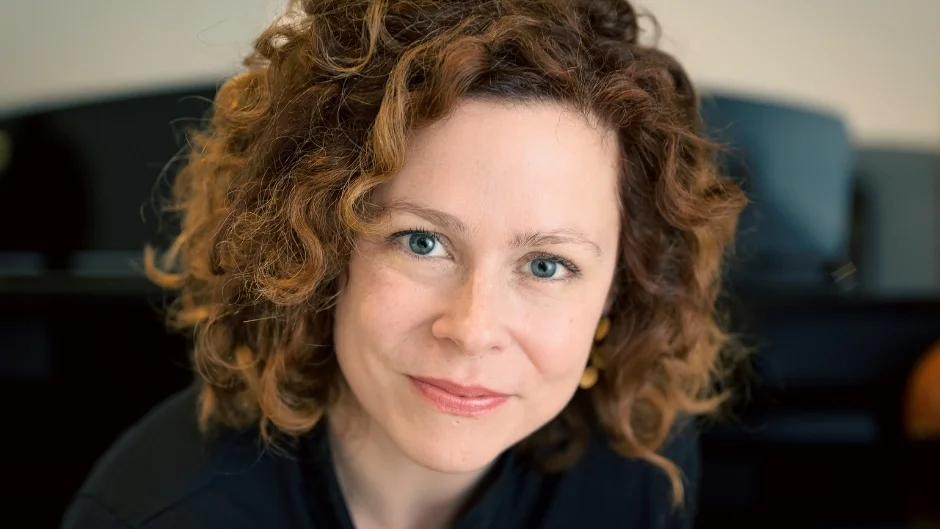Review: Eve, Cat Bohannon, Hutchinson Heinemann
At the beginning of Stanley Kubrick’s film 2001: A Space Odyssey an ape finds a bone and discovers he can use it as a weapon to gain the advantage over rivals. As well as being a reflection of an often-violent ancient world, this is meant to represent a cognitive leap of our distant ancestors. Cat Bohannon would like to replace this scene with one depicting the development of gynaecology.
Too often, Bohannon says, human evolution and what marks us out as distinct as a species is described with masculine bias. Early in her book about the female body, she writes that medical research, unless it is focussing on reproduction, tends to assume the default human body is male, affecting the design of everything from drug dosages to automobile safety to IQ tests.
Her book is a kind of biological history of the female body. Although women’s bodies are not so different from men’s, apart from the obvious additions and subtractions, she writes about how women have more sensitive hearing and smell. Although women have less short-term strength, they have better endurance, and while they lose strength after exercise more quickly than men, they also recover quicker.
The book is explicit without being the least bit titillating. As well as sexuality and reproduction, it is about milk and blood and fat and bones and brains. But far from a medical textbook, it is witty and passionate, and is also an argument for giving women better education and health, based on the importance of child rearing for us as a species. Attending to women’s betterment benefits everyone – it’s well known that giving women more political power leads to more positive environmental outcomes as well.
From her focus on women’s bodies comes non-canonical theories. She sees the development of women aiding other women in childbirth as crucial to our development, especially since the growth of human brains (and heads) made childbirth more difficult and dangerous.
It is often said that human language developed during hunting, or afterwards, when humans would sit around the fire telling stories of the hunt. This assumes that men’s business is the most important. Bohannon writes that since the bonding of mother and child is so important it is sensible to assume that this is where language developed and became more complicated. Besides, other pack animals communicate in hunting; it takes humans to tell stories about, say, the creation of the world or the way the ancestors preserved foods.

The longevity and intensity of child rearing, resulting from our big brains, sets us apart, and has led us to being an incredibly sociable species, something we often take for granted. Bohannon argues that our self-awareness means we can choose to cultivate this empathy – which, by the way, is something at the heart of religion (if it works well). Rather than being locked into our biology, both men and women, inspired by how motherhood has driven our development, can choose to focus more on the cooperative rather than competitive sides of our nature.
Nick Mattiske blogs on books at coburgreviewofbooks.wordpress.com and is the illustrator of Thoughts That Feel So Big.











